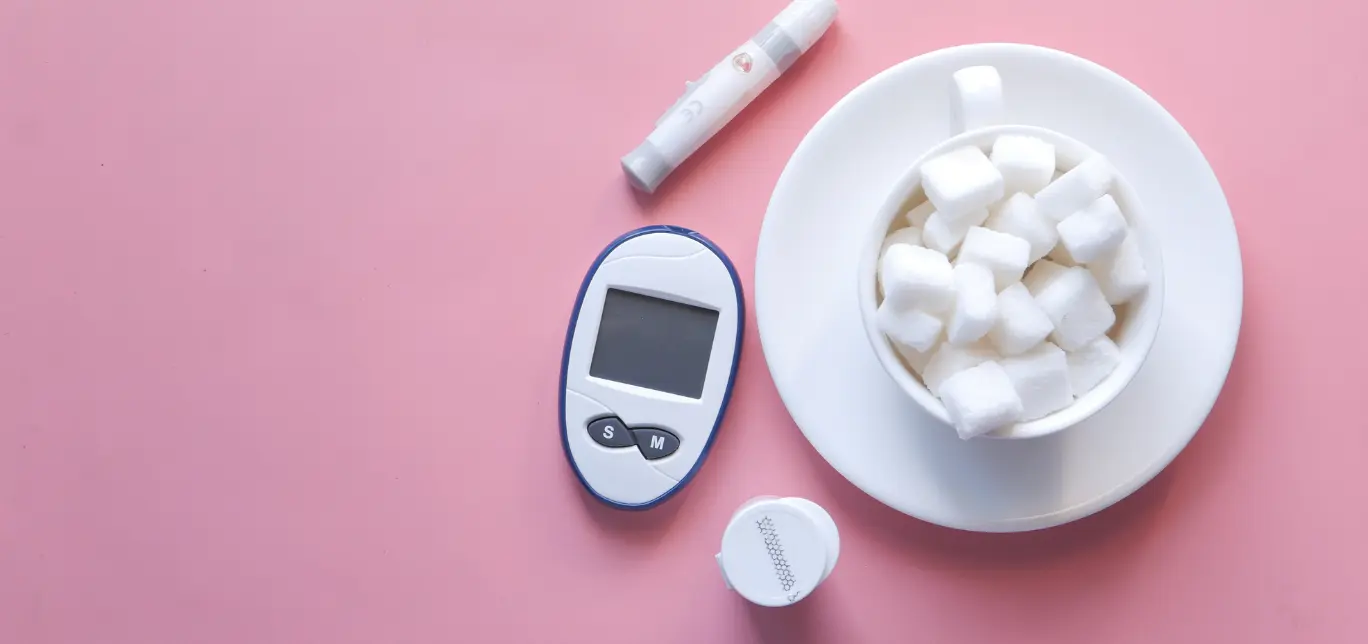Do you even know what a safe sex practice is? Read with me till the end.
First of, safe sex is all about protecting yourself and your partner from sexually transmitted infections. Having a safe sex helps you stay healthy and can even make sex better. Safe sex practices, such as using condoms and practicing abstinence, can be very effective in curbing the spread of HIV. According to the CDC, consistent and correct use of latex condoms can reduce the risk of HIV transmission by up to 85%. Abstinence, or not having any sexual contact with another person, is also effective in preventing HIV. However, it's important to remember that no method of safe sex is 100% effective in preventing HIV transmission. The best way to protect yourself is to be informed and practice safe sex consistently.
Let's take a look at some safe sex practices. They include; using a barrier, participate in activities where body fluids are not shared and limiting the number of sexual partners. All sex carries some amount of risk. However, people can decrease their chances of getting or transmitting HIV by using a barrier. If used correctly everytime you have sex, condoms are extremely effective at preventing HIV. It is also 98% effective at preventing pregnancy. Safe Sex practices are important for protection against STI including HIV. In 2020 , about 3.7 million persons were HIV positive globally with nearly two thirds in sub Saharan Africa.

How effective are the aforementioned safe sex practices in curbing HIV?
Prevention is better than cure, so they say. To be on the safe side , practicing some of the safe sex practices will curb HIV to the bare minimum. According to my research, the most common safe sex practice is the use of barrier (e.g condoms, dental dams, and gloves) prevent microorganisms such as bacteria and viruses that causes HIV, from being spread from one person to another . Condoms are the only form of contraceptive that also reduces the risk of getting or spreading HIV. The only 100% way to prevent sexual transmission of HIV and STDs is through abstinence - avoiding all vaginal , anal and oral sex, using a barrier like the latex male condom or female condom can greatly reduce but not entirely curb the risk of HIV and STD transmission.
What to do if you suspect you have STI(HIV)
STIs are common and most people will get an STI in their lifetime. Most are curable and all can be treated. If you are a type that is sexually active, I will advise you to get tested regularly at least once or twice a year. Usually, a simple blood or urine test is all that is needed. Get tested if you start a new relationship , if the condom broke or slipped off during sex, this is always common between partners when having sex .
Last but not least, if you think you may have been exposed to an STI, go and talk with your local doctor or a nurse who can help you get the tests done. Do not panic because it's not a death certificate.







